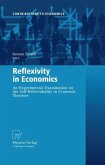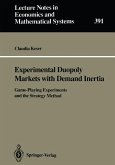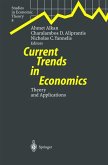Bachelor Thesis from the year 2009 in the subject Economics - Other, grade: 5.0, University of Zurich (Sozialökonomisches Institut (SOI)), language: English, abstract: Matching is the part of economics that deals with the question of who gets what, e.g. who gets which jobs, who goes to which university, who receives which organ or who marries whom. During the second part of the last century, many markets have been discovered to have failed in providing the necessary conditions for efficient matches. These market failures have partly evolved on ethical or institutional grounds, but are more generally attributed to congestion or coordination problems caused by the inability of the market to make it safe for participants to act on their private information. For this reason, a variety of allocation mechanisms have been developed and subsequently tested in field and laboratory experiments for possible implementation in real-world applications.This work attempts at giving a condensed review of different matching mechanisms and the performance of algorithms that have been implemented for solving the problems in their respective environments. The theoretical properties of these mechanisms as described in the increasingly vast literature on matching design will be used as a benchmark to compare their relative performance in terms of overall efficiency. The results yield some basic insights in the varying success of the competing algorithms in practice, indicating that both the quality of theoretical predictions and the actual performance of the algorithms decrease with the complexity of market environments. In particular, they show that imperfections of markets such as information asymmetry and incentive problems can have far-reaching consequences with respect to the effective working of matching procedures.








